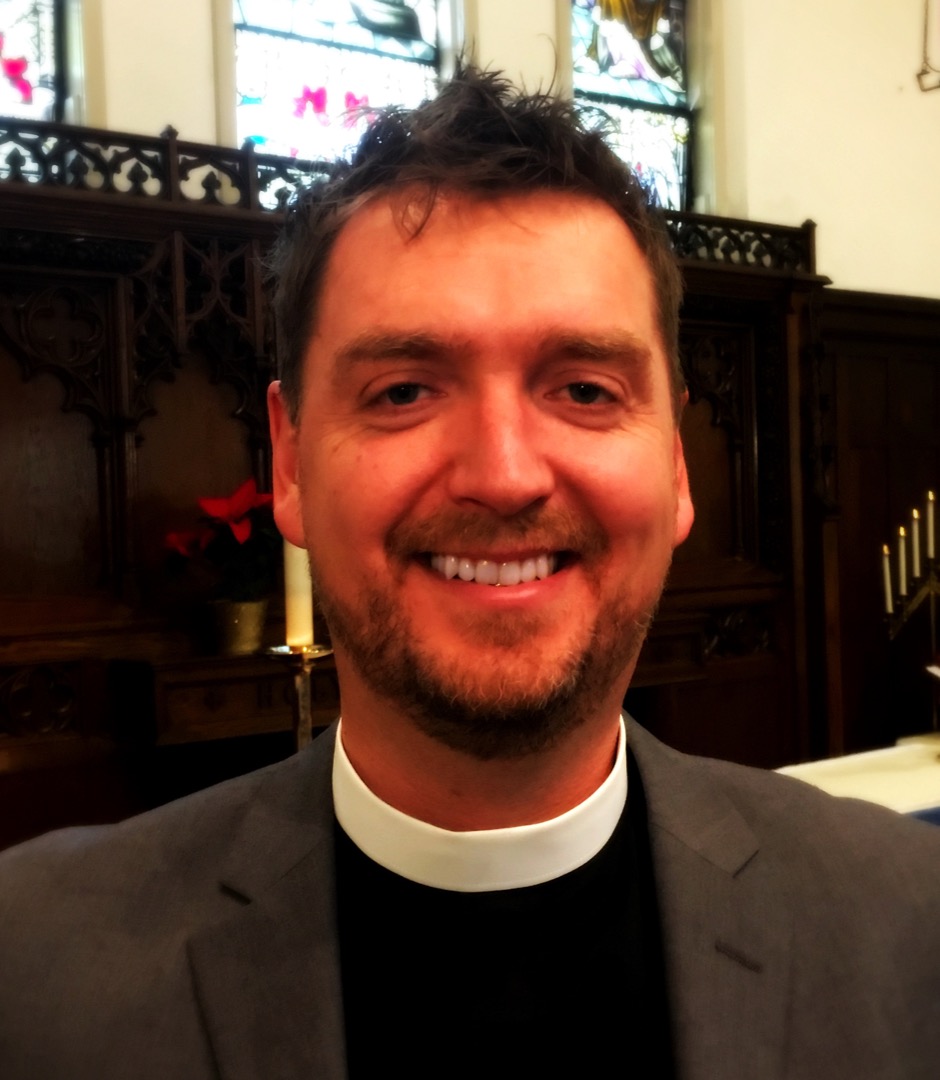 In the May 2018 Niagara Anglican there was a review of John Shelby Spong’s latest book, Unbelievable.
In the May 2018 Niagara Anglican there was a review of John Shelby Spong’s latest book, Unbelievable.
The review suggested Spong “provides a way into the future” by encouraging the church to “change or die”. This change means moving beyond literalistic readings of the Bible, denying the creeds, ditching atonement theology and rejecting reformation insights.
This, according to Spong, is the path toward a brighter future: “Neither the ancient creeds nor the Reformation can produce a living faith today,” and “there can be no ‘substitutionary atonement’ in the Christianity of tomorrow”.
I believe this advice is dangerously misleading. Furthermore, Spong’s advice denies reality. The reality is that Spong’s version of Christianity already inhabits many dying mainline churches across our national landscape.
A recent article by Haskells et al. (“Theology Matters: Comparing the Traits of Growing and Declining Mainline Protestant Church Attendees and Clergy,” Review of Religious Research, 58:4, 2016) studied growing, vital churches in Canada and found one common characteristic: these churches read the New Testament literally and proclaimed a gospel which included the saving death and resurrection of Jesus.
Some might call this “conservative theology” but, like it or not, this was the key predictor of church growth and health. These aren’t wacko, “fundamentalist” preachers catering to gullible parishioners: these churches are spiritually healthy, growing and making a difference in their communities.
Ironically, to embrace Spong’s idea of a futuristic Christianity would lead mainline churches in exactly the wrong direction, diminishing their effectiveness in the world and hastening their demise.
Furthermore, embracing a non-literal view of Jesus Christ and his saving work isn’t just bad advice, its bad scholarship. The life, death and resurrection of Jesus were reported as actual events by the very first eyewitnesses (Jesus and The Eyewitnesses by Richard Bauckam). If we spiritualize the resurrection merely to glean some “spiritual” truths from it, then we have done a great injustice to the text itself.
Just like you and me, those first century eyewitnesses could tell the difference between a spiritual experience and a resurrected saviour, and what they tell us is that Jesus was raised from the dead. (The Resurrection of the Son of God by N.T. Wright).
What makes Christianity vital and true is not that it offers helpful, spiritual advice on how to live your life. Every religious system does that. Christianity is built on something different: its founded on good NEWS, not good ADVICE. The gospel writers are desperate to tell us that something happened in HISTORY, which has changed the world forever.
This is the message that the church was built on, and the church of the future will be built on the very same foundation.
The Reverend Canon Robert Hurkmans is Rector of St. James and St. Brendan Port Colborne.
Spong’s advice is dangerously misleading
The review suggested Spong “provides a way into the future” by encouraging the church to “change or die”. This change means moving beyond literalistic readings of the Bible, denying the creeds, ditching atonement theology and rejecting reformation insights.
This, according to Spong, is the path toward a brighter future: “Neither the ancient creeds nor the Reformation can produce a living faith today,” and “there can be no ‘substitutionary atonement’ in the Christianity of tomorrow”.
I believe this advice is dangerously misleading. Furthermore, Spong’s advice denies reality. The reality is that Spong’s version of Christianity already inhabits many dying mainline churches across our national landscape.
A recent article by Haskells et al. (“Theology Matters: Comparing the Traits of Growing and Declining Mainline Protestant Church Attendees and Clergy,” Review of Religious Research, 58:4, 2016) studied growing, vital churches in Canada and found one common characteristic: these churches read the New Testament literally and proclaimed a gospel which included the saving death and resurrection of Jesus.
Some might call this “conservative theology” but, like it or not, this was the key predictor of church growth and health. These aren’t wacko, “fundamentalist” preachers catering to gullible parishioners: these churches are spiritually healthy, growing and making a difference in their communities.
Ironically, to embrace Spong’s idea of a futuristic Christianity would lead mainline churches in exactly the wrong direction, diminishing their effectiveness in the world and hastening their demise.
Furthermore, embracing a non-literal view of Jesus Christ and his saving work isn’t just bad advice, its bad scholarship. The life, death and resurrection of Jesus were reported as actual events by the very first eyewitnesses (Jesus and The Eyewitnesses by Richard Bauckam). If we spiritualize the resurrection merely to glean some “spiritual” truths from it, then we have done a great injustice to the text itself.
Just like you and me, those first century eyewitnesses could tell the difference between a spiritual experience and a resurrected saviour, and what they tell us is that Jesus was raised from the dead. (The Resurrection of the Son of God by N.T. Wright).
What makes Christianity vital and true is not that it offers helpful, spiritual advice on how to live your life. Every religious system does that. Christianity is built on something different: its founded on good NEWS, not good ADVICE. The gospel writers are desperate to tell us that something happened in HISTORY, which has changed the world forever.
This is the message that the church was built on, and the church of the future will be built on the very same foundation.
The Reverend Canon Robert Hurkmans is Rector of St. James and St. Brendan Port Colborne.
Keep on reading
Disability Theology and it’s Promise for our Church
Bishop Invited to Enthronement for Archbishop of Canterbury
Turning Again to God, Neighbour, and the Earth
Resurrection of Hope in Thundering Waters
Of Pancakes and Ashes
Into the Desert with Christ: Why Lent Still Matters in a Frantic and Fractured World